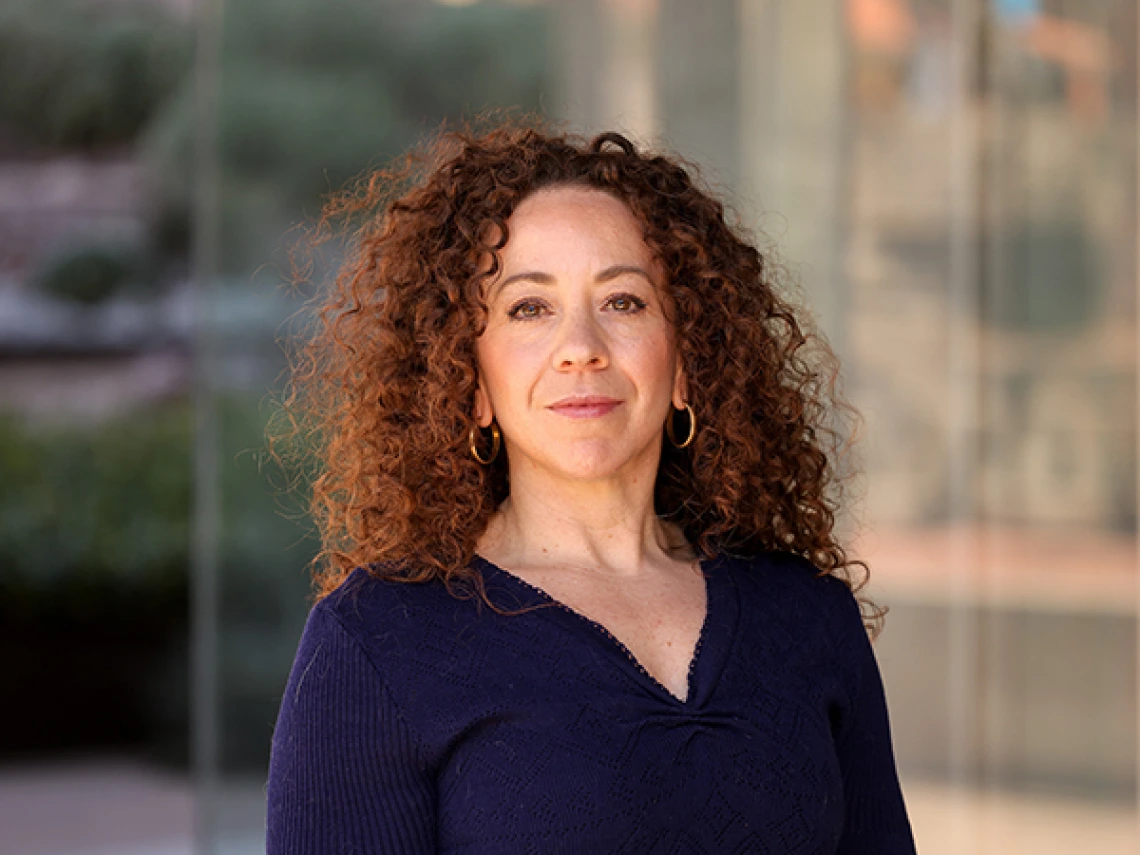Dr. Ramírez-Andreotta Receives Funding to Investigate the Effects of Wildfires and Flash Floods

Dr. Mónica Ramírez-Andreotta, Associate Professor of Environmental Science and Research Translation Lead Investigator for the UA SRC, investigates exposure pathways and communication strategies to translate environmental health research to action and to achieve structural change.
Dr. Ramírez-Andreotta just received funding from two different sources to investigate the effects and aftermath of wildfires and flash floods:
- National Institute of Environmental Health Sciences (R21)
- University of Arizona’s College of Agriculture and Life Sciences (iVIP Grant)
NIEHS Mechanism for Time-Sensitive Research Opportunities in Environmental Health Sciences (R21) Award
The first grant is the NIEHS Mechanism for Time-Sensitive Research Opportunities in Environmental Health Sciences (R21) award (Award # R21ES034591) for her project titled “Wildfires and Flash Floods: Using Exposure Science to Identify Rural Arizona Mining Communities at Risk from the Release and Remobilization of Contaminants”. She will be working in collaboration with:
- Chris Jones, University of Arizona Cooperative Extension Agent for Gila County
- Miriam Jones, Globe Adult Education Program/Gila County Superintendent of Schools, and UA Community Health Educator
- Henry Muñoz, Concerned Citizens and Retired Miners Coalition of Superior, AZ
- Town of Miami, AZ
- Community members living in and around the Miami, AZ area
This R21 grant aims to use exposure science to rethink the aftermath of fires and protect community and ecosystem health. This is a science project co-created with the community to address their concerns. Potential contaminants released by the fires and transported by water and wind will be identified and used to inform future intervention and prevention strategies. Together with the community, this project will educate and train residents on environmental monitoring methods and interpreting datasets. This project will tentatively run from 2022 to 2024.
Innovation Venture Investment (iVIP) Grant
The second grant is the College of Agriculture and Life Science (CALS) Innovation Venture Investment (iVIP), grant. The CALS iVIP Program funds novel and potentially transformative research in any area of inquiry that has the potential to fundamentally change our understanding of an important principle or paradigm, and/or involves a significant technology advance. Dr. Ramírez-Andreotta's CALS iVIP grant is titled "Rethinking the Aftermath of Fires: The Release of Metals and Associated Risks in Vulnerable Communities”. This grant will run from 2022 to 2024.
Fire events can alter the physical, chemical, and biogeochemical properties of the soil and surface materials. Because of these changes, wildfires can release and (re)mobilize contaminants, and this can impact soil, dust and air quality. It is critical to determine whether these activities are presenting exposure pathways to contaminants.
Combined Research Outcomes
Though different, the research funded by both grants will help communities prepare for compound events and the public health risks posed by the confluence of climate change and resource extraction. These findings will inform disaster management and social justice efforts. Overall and combined, the project aims include:
- Surveying families to identify areas that have been impacted and determine individual- and community-level vulnerabilities and resistances/resiliencies
- Building human capacity through empowerment education and community science and train residents on how to collect environmental samples and interpret datasets
- Characterizing contaminants released during wildfires in soil, sediment, and/or settled dust within and around residential areas over time to prepare for future events
- Share and report data back to participants and provide intervention/prevention strategies to protect families.
Congratulations Dr. Ramírez-Andreotta!

